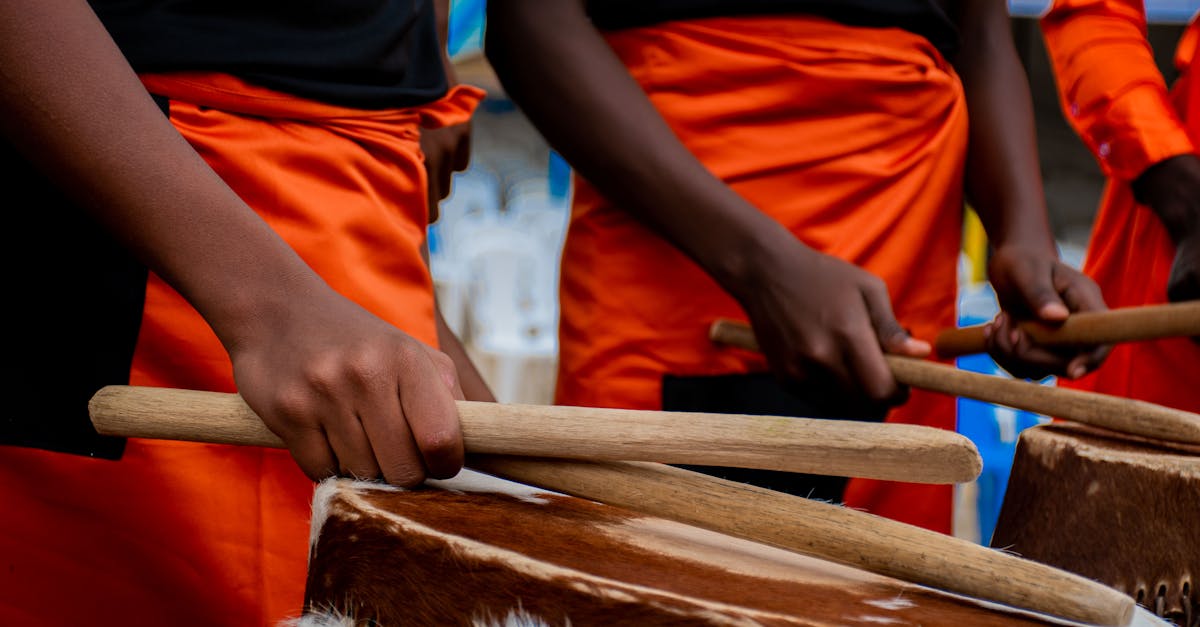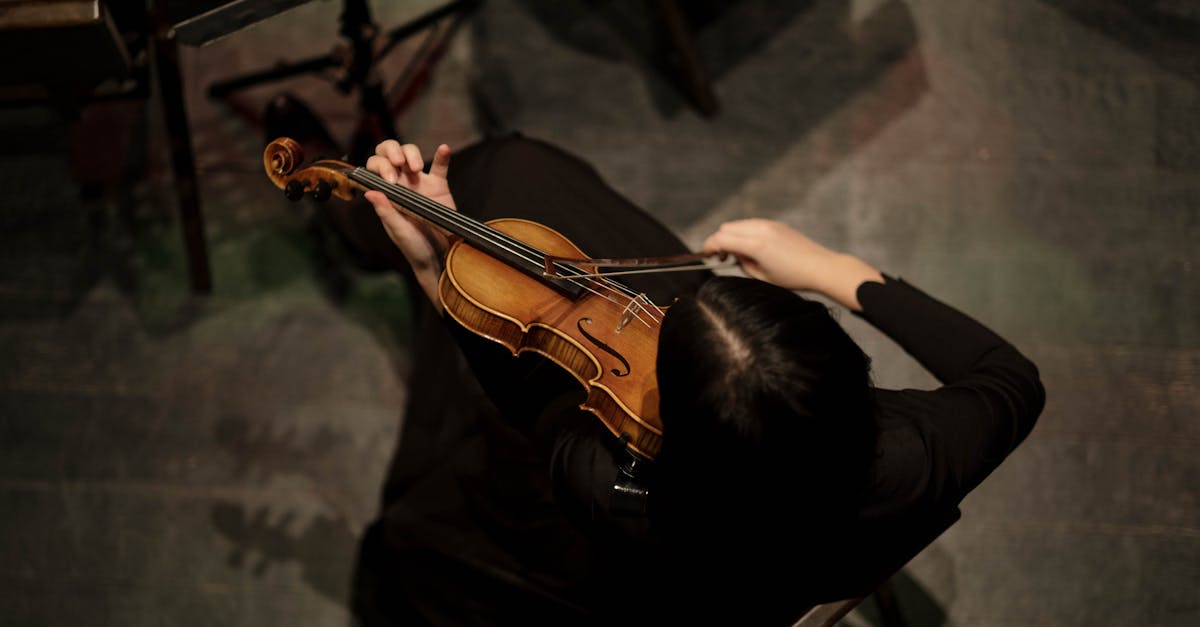Discovering Rhythmic Odysseys in World Music
Introduction to World Music
World music is a vibrant tapestry of sounds and rhythms that stretches across continents, immersing listeners in rich cultural stories and diverse musical landscapes. Unlike popular genres that tend to focus on Western influences, world music emphasizes the unique traditions of different cultures. The roots of world music delve deep into history, connecting modern listeners with ancient practices and storytelling methods. It is a genre that aims to unite, educate, and inspire, offering more than just melodies but windows into the lives and traditions of people worldwide. Through rhythmic odysseys, world music navigates the subtle nuances of cultural expressions, fostering a shared human experience.
Advertisement
Understanding the Diversity
World music is not a singular genre but a vast collection of musical contributions from regions around the globe. Each culture brings its rhythm, instruments, and sound, resulting in an incredibly diverse audio palette. From the buoyant Afrobeat emanating from West Africa to the calming sitar tones of classical Indian music, the possibilities are endless. Instruments like the djembe, didgeridoo, and balafon add to the richness, presenting unique characters from distinct parts of the world. Both the similarities and differences in musical styles are celebrated, uniting listeners through universal themes like love, struggle, and celebration.
Advertisement
The Beat of Cultural Instruments
Instruments form the backbone of world music, often acting as cultural symbols. Traditional instruments, from the steelpan of Trinidad and Tobago to the erhu of China, produce sounds deeply embedded in cultural identity. Mastery of these tools often requires years of practice, with musicians dedicating their lives to preserving and evolving their heritage. Each instrument tells a story, its creation and sound a reflection of the environment and lifestyle of its origin. The global spread of these instruments also introduces new listeners to age-old traditions, blending old with new in innovative compositions.
Advertisement
Fusion and Modern Influence
While world music is steeped in tradition, it frequently intersects with other genres, resulting in exciting fusion styles. By incorporating elements from reggae, jazz, or pop, traditional music forms evolve into something fresh and approachable for broader audiences. Artists like the Buena Vista Social Club and Ladysmith Black Mambazo have showcased how seamlessly traditional rhythms can mix with modern influences. This fusion not only revitalizes interest in traditional forms but also creates a bridge between cultures, showing how interconnected human creativity truly is.
Advertisement
Significant Cultural Impact
World music does more than entertain; it educates and influences social change. Many world music artists become cultural ambassadors, using their platform to raise awareness about issues affecting their communities. Through compelling lyrics and spirited melodies, they tackle topics such as colonial history, environmental challenges, or social justice, prompting listeners to reflect on global issues. This genre serves as a powerful tool for activism, encouraging cultural dialogues and inspiring a global audience to act.
Advertisement
The Role of Music Festivals
Music festivals have become significant platforms to experience world music in an immersive setting. Events like the WOMAD Festival or the Fes Festival of World Sacred Music offer line-ups filled with global acts, cultivating a deeper appreciation of diverse sounds. These festivals allow musicians from various backgrounds to share a stage, fostering collaboration and cultural exchange. Attendees often leave with a broadened perspective and a newfound respect for musical diversity. These gatherings celebrate humanity's shared love for rhythm and sound, transcending linguistic and cultural barriers.
Advertisement
Preservation of Musical Heritage
A core aspect of world music is its role in preserving musical traditions and history. Through digital technology and global collaborations, efforts are underway to archive and safeguard endangered styles, ensuring their continuance for generations. This preservation is vital in an ever-globalizing world, where many traditional practices face the risk of fading away. Organizations and musicians work hand-in-hand to document and promote these cultural treasures, broadcasting them to a more extensive audience. By understanding and valuing these musical heritages, listeners contribute to their survival.
Advertisement
The Listening Experience
Listening to world music can be a transformative experience, taking individuals on an auditory journey across time and space. Each album or concert offers a peek into the lives and histories embedded within a culture's music. The listening experience is deeply personal yet intensely communal, drawing parallels with distant yet familiar stories. Through the distinct beats and melodies, listeners can emotionally connect, imagining landscapes and stories beyond their everyday experience. This immersive engagement with diverse musical traditions enriches personal growth and cross-cultural understanding.
Advertisement
Influential World Music Artists
Numerous artists have played pivotal roles in bringing world music to the forefront of the global stage. Figures like Ravi Shankar, who introduced the Western world to traditional Indian music, and Miriam Makeba, known for amplifying African sounds, are legends in their own right. Contemporary artists continue this legacy, with names like Youssou N'Dour and Bombino bringing attention to cultural narratives through music. These artists, often hailed as cultural icons, bridge the gap between traditional and commercial sectors, ensuring world music remains relevant and influential.
Advertisement
Conclusion: Continuing the Odyssey
World music is a rhythmic odyssey that serves as a vital connector across cultures and eras. Its vibrant expression fosters global understanding, uniting people through shared melodies while celebrating differences. As listeners traverse this musical landscape, they contribute to the preservation and evolution of cultural rituals and sounds. Festivals, fusion, and the dedication of artists ensure the continued relevance and adoption of world music. As long as humanity has a story to tell, this genre will play a pivotal role in conveying messages of unity, diversity, and shared heritage.
Advertisement







